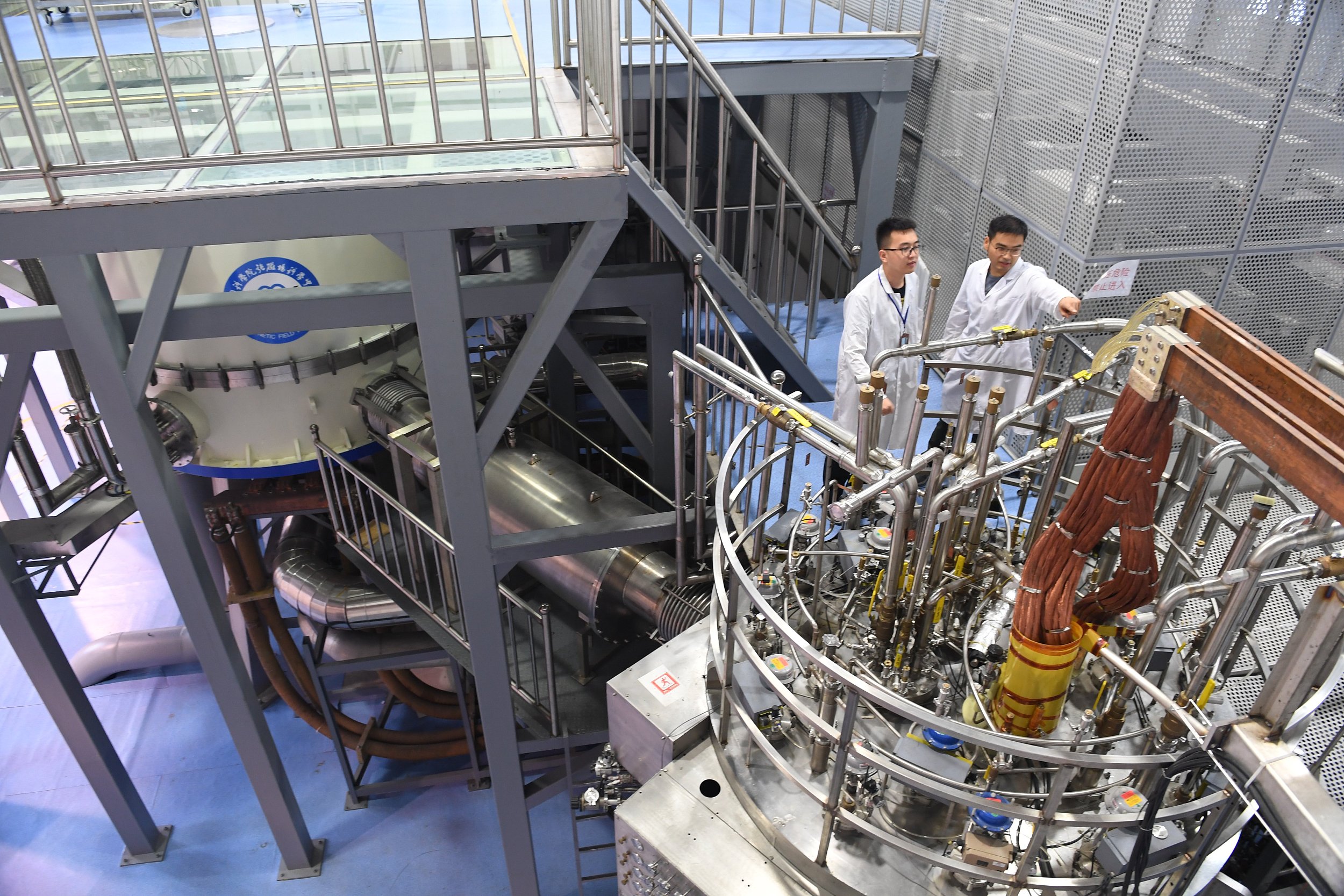Ziquejie Terraces Stands the Test of Time

Ziquejie Terrace scenery in Loudi City, Hunan province. (PHOTO:VCG)
By ZHAO Boyuan
Located in Hunan province, South Central China, Ziquejie Terraces are built on hills with an altitude ranging from 500m-1200m and surface slope varying between 25°- 40°. Enjoying an average annual precipitation of 1643 mm, the area is rich in water resources. The lack of plains at Ziquejie forced early inhabitants to chisel hills into terraces around the 10th century AD.
The irrigation and drainage system of Ziquejie Terraces is made up of three parts: water storage, irrigation and drainage canal system, and control devices. In the valleys of Ziquejie, there are many streams that do not dry up throughout the year. These streams are damned up with small weirs at the top of the terraces. In normal times, these weirs ensure diversion of water to the terraces; while during torrential rains, the flood water overflows from the top of the weirs.
To deliver water to the platform fields on independent hills, local people used bamboo tubes as aqueducts.
The local villagers had formed their own tradition to maintain the terraces, which have been in effect for thousands of years. Thanks to their careful maintenance, the 6416 hectares of Ziquejie Terraces are still in good shape and functioning well.
Today, Ziquejie Terraces still support more than 17,000 people in 16 villages, and the traditional way of life and cultural diversity have been retained. In 2014, Ziquejie Terraces was recognized as a World Heritage Irrigation Structure by the International Commission on Irrigation & Drainage.


